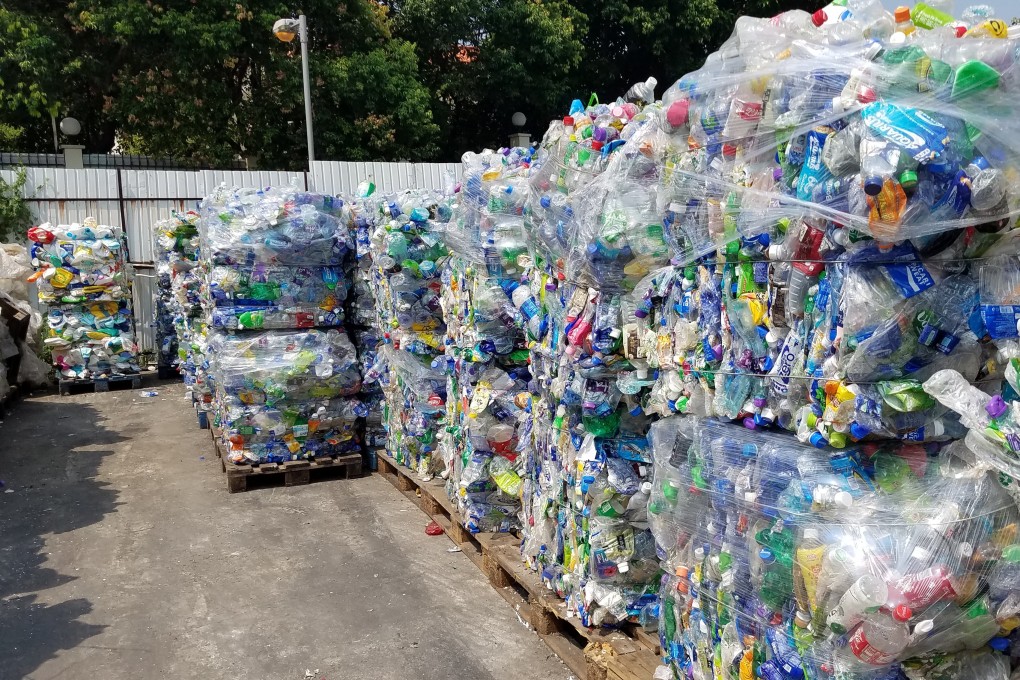New Hong Kong recycling plant a timely boost for ‘closed loop’ waste management, carbon-neutrality goals
- Can recycle almost all PET bottles that Hong Kong produces, plus a large proportion of HDPE, New Life executive says
- Plant has sealed a three-year partnership with P&G and Watsons Hong Kong for supply of plastic waste

The opening of Hong Kong’s first advanced plastic recycling plant mid-this year could kick-start a “closed loop” of turning household resin waste into recycled material, in line with the government’s waste blueprint.
New Life Plastics will process up to 100 tonnes of plastic waste a day, and turn it into secondary raw material to be reused in the manufacture of new resin products. It is a joint venture between Swire Coca Cola, Baguio Waste Management & Recycling and Alba, a German recycling giant.
“We have the capacity to manage virtually all PET [polyethylene terephthalate] bottles that Hong Kong produces, plus a large proportion of HDPE [high-density polythene],” said Nigel Mattravers, joint venture representative of New Life.
The New Life plant is significant because Hong Kong’s 2035 waste management blueprint, released last month, calls for circularity to better manage waste. The blueprint advocates a shift from the current “take, make, dispose” linear model to a closed loop that minimises waste and reuses resources.
Shifting to a circular economy could halve carbon dioxide emissions by 2030, according to the Ellen MacArthur Foundation. It was consistent with Hong Kong’s goal of carbon-neutrality by 2050. Circularity will also bring material cost savings – up to US$700 billion a year globally for fast-moving consumer goods, for instance.
New Life could plug the gaps in this circularity. And even though it has yet to start operating, it has secured some major partners, who will supply plastic waste to its 6,500 square metre recycling plant in Tuen Mun’s EcoPark.
